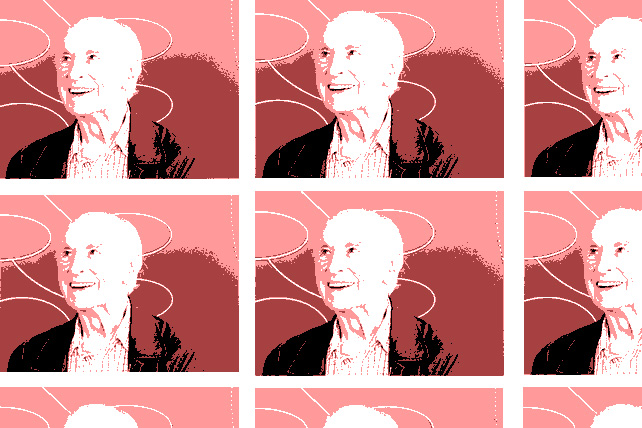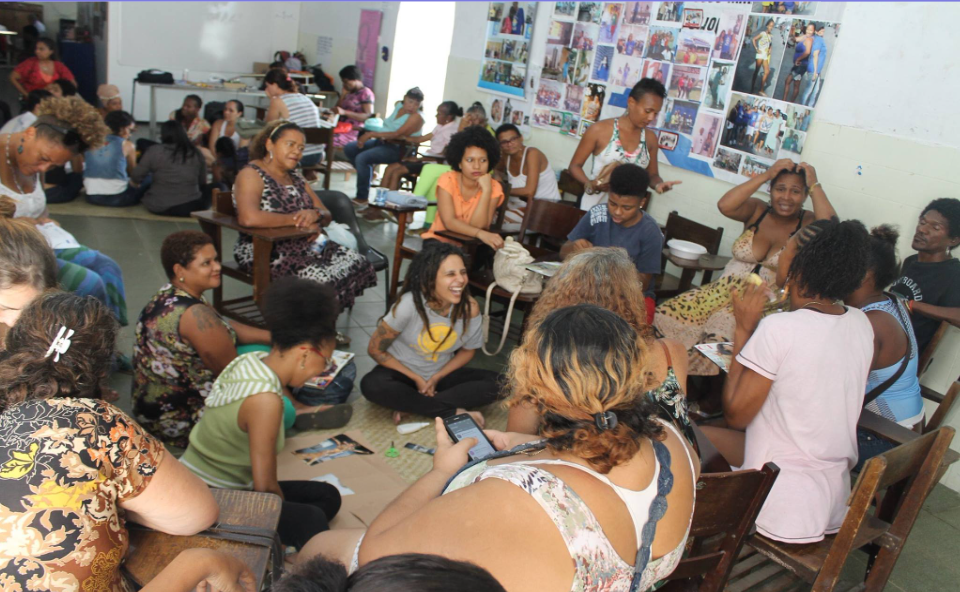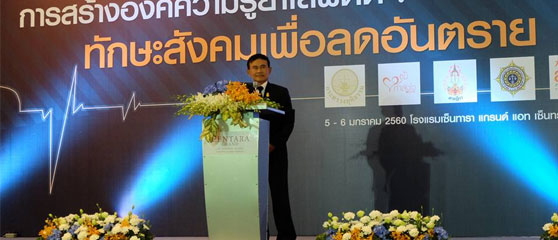At 4:20 pm on April 19, 1943, Albert Hofmann (37), a Swiss chemist working at Sandoz Pharmaceuticals in Basel (now Novartis), was the first person to intentionally ingest 250 micrograms of Lysergic Acid Diethylamide-25, a chemical compound that he first synthesized back in 1938 from the parasitic fungus ergot. With this self-experiment, Hofmann wanted to confirm and explore the “odd sensations” he felt three days earlier, when he had accidentally absorbed a few drops of the chemical through his fingertips.
“I had to struggle to speak intelligibly. I asked my laboratory assistant, who was informed of the self-experiment, to escort me home,” Hofmann wrote later in his memoir LSD, My Problem Child (1979), describing the effects of the world’s first acid trip as he gingerly rode his bike home from the lab. Further describing the substance potential for neurology and psychiatry studies, Hofmann noted that he “felt immersed in an endless flow of marvelous images, amazing shapes with an intense kaleidoscopic play of colors.” Even with some anxiety moments, it was definitely an out-of-the-ordinary experience that convinced him to devote the rest of his life to LSD research and culture. Indeed, the first “acid trip” in human history opened the doors (of perception) to the new field of psychedelic science.
In the following 15 years researchers worldwide published over a thousand studies for the treatment of disorders such as schizophrenia, autism, depression, and alcoholism, with generally positive, even optimistic findings. These promises were abruptly interrupted in the mid-1960s, largely due to a broader consumption of LSD in the younger population after Timothy Leary’s cognitive experiments at Harvard. Certain excesses of the US counterculture and an on-going disinformation campaign led to a strict ban on the use of LSD for both personal and scientific purposes. In the 1971 Controlled Substances Act, LSD was listed as a Schedule I narcotic (defined as having “no accepted medical use” and “a high potential for abuse”), along with heroin and marijuana. Soon the rest of the world followed suit. Funding for LSD research dried up and acid was driven deeper underground.
Luckily, in recent times the experiments of 50 years ago were revamped. Researchers held successful clinical tests with MDMA and psilocybin for the treatment of PTSD, depression and addictions, while the first modern scans of people high on psychedelic drug gave scientists unprecedented insight into neural basis for its effect. Hallucinogens are also having a great impact for artistic, creative and personal expression and for interdisciplinary studies in the emerging fields of expansion of consciousness and mind-body connection. Today a true psychedelic renaissance is innervating our planet.
This is the context marked by “bicycle day”, a local event launched in 1985 by Prof. Thomas Roberts at the Northern Illinois University and grown to an annual celebration in many cities and situations across the world. Under the heading “75 years of experience”, Maps (Multidisciplinary Association for Psychedelic Studies) runs a month-long happening with personal video-stories (“Record a 1-2 minute video-tribute to tell the world why LSD is important to you”) and several webinars to learn more about the impact of psychedelics on science, medicine, culture, art and politics. On Twitter, the hashtag #bicycleday is spreading info and comments about events scheduled, among others, in Baltimore, Los Angeles and Melbourne, with an entire weekend in downtown Basel devoted to LSD issues.
We should all be grateful to Dr. Hofmann, who passed away in 2008 at the age of 102, for gifting humans with a chemical whose scientific potential deserves even more attention and respect today.
This piece was originally published by Fuori Luogo. Read the original here.


